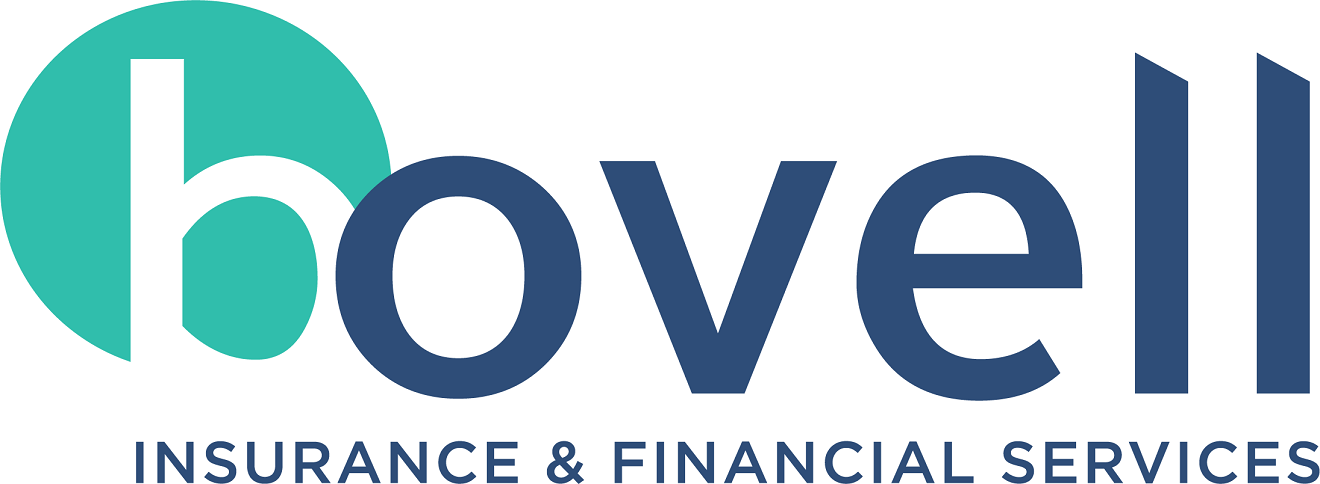Vision insurance provides coverage to the insured by offering eye care services once the regular premium payments are made. The insured may see an optometrist or ophthalmologist, within the network of approved professionals under the plan. The insured will pay in full for eye care and claim back or the policy can pay a portion of the fee. Vision insurance usually covers eye exams, prescription eyewear and some plans may offer discounts on certain types of surgery. The main purpose of a vision plan, is to offer consistent eyecare which can help to prevent and or detect eye problems earlier rather than later. Speak with one of our Agents for more information on vision plans that are right for you. Dental insurance covers general dental procedures such as teeth cleaning and X-rays with or without a co-pay. It is important to speak with an Agent to discuss the right dental plan for you as some Dental plans also cover other procedures such as root canals, tooth implants, wisdom tooth removal, Braces, Crowns etc. 1. DPPO: You have the option to visit any dentist. In-network dentists are less expensive. Plan includes co-pay for procedures, with a deductible and maximum annual benefit. 2. DHMO: This plan allows you to visit one in-network dentist or facility. Dentists outside of the network are not covered under this plan. Plan includes a co-pay, however, there is no deductible or maximum annual benefit. 3. Fee-for-service: You have the option to visit any dentist and pay a fee in addition to a co-pay with each visit. 4. Discount plans: You have the option to visit any dentist at a discounted rate. However, you will be required to pay out of pocket for other dental services. It is insurance that provides you with income if you ever become disabled. It helps protect against family financial disaster by providing income to meet everyday needs during a disability. It comes in THREE main forms: 1. Government-sponsored programs: These include workers' compensation and the Social Security Disability Insurance (SSDI) program. 2. Private employer-sponsored group disability plans: This coverage is an important benefit for many employees. It provides income replacement that enables employees who are disabled to pay bills and maintain their lifestyle. Employers may sponsor short- or long-term disability coverage, or a combination of both. The employer often pays for all, or part, of the premiums for the coverage. 3. Private individual disability income policies: Individuals pay for these policies. They guarantee income when there isn't enough employer- or government-sponsored coverage. Be sure to determine how various policies define disability. Policies vary. Some pay benefits if you can't do your regular job. Others pay only if you can't work at all. Extent of Disability (Total or Partial): Some older policies require that you be totally disabled before payments begin. Partial disability sometimes is covered for a limited time. But, most often, partial disability is covered only if it follows a period of total disability from the same cause. Some policies may not require total disability before partial disability payments are made. Whether you are an employee or an employer, one of our insurance agents can help you analyze your sources of disability income, determine how long it will take to receive various benefits, and determine whether additional coverage would be wise. When someone applies for individual disability income coverage, one of our insurance agents will require you to provide information including general information, medical history, income, and employment. Occasionally, your application for individual disability income insurance may require one or more medical tests-such as an EKG. You will also likely be asked for blood testing, including a test for exposure to HIV (the virus that causes AIDS). It is very likely that you will be asked to provide copies of income tax returns. In general, if you pay the premiums for an individual disability policy, payments you receive under the policy are not subject to income tax. If your employer paid some or all of the premiums, some or all of the benefits may be taxable. 1. Disability insurance is particularly important if you own a small business. In addition to standard disability income replacement, business protection is also available. There are recovery benefits that pay after you return to work full time. These apply during the period in which you are re-establishing a customer or client base. There is overhead expense coverage that pays for certain office expenses. 2. " For jointly owned businesses, there is a disability buy-out policy that provides funds for one partner (or the business entity) to buy a disabled partner's share of the business. And there is key-person insurance. This protects a firm against the loss of income resulting from the disability of a key employee. STAND ALONE PLANS
OPTICAL / VISION
What is vision insurance?
DENTAL
What is dental insurance?
Plans include:
DISABILITY
What Is Disability Income Insurance?
How do we define 'Disability'?
Why you should take advantage of our free consultation:
What to Expect When Applying for Coverage.
Are There Any Tax Considerations?
Business Protection for Small Business Owners.
Contact an Agent TODAY for more information on these and other great plans.
